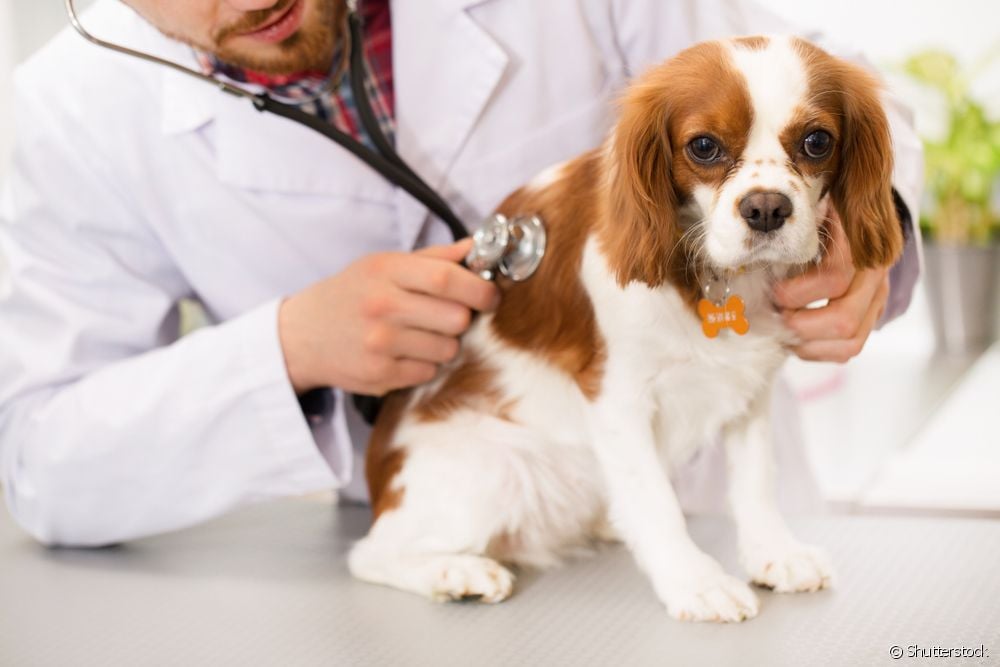Learn to recognize the symptoms of poisoned dog

Table of contents
We never expect something bad to happen to our pets, but unfortunately there are situations that get out of hand. Poisoning is one of them. Dogs are explorers, they like to venture into discoveries, lick unusual objects and often eat inappropriate things too. The problem is when such an adventure puts the dog's health at risk. Toxic plants, cleaning products,food, pesticide and rat poison are the main causes of animal poisoning. In other cases, they can also be victims of human mischief.
The most common symptoms of a poisoned dog are excessive salivation, vomiting, and diarrhea, so it's important to keep an eye on your pet's reactions, especially after a walk down the street, a weekend at a ranch, or other places they're not used to. Learn how to recognize the symptoms of a poisoned dog and seek help from a veterinarian immediately.
Poisoned dog: most common symptoms
Identifying the symptoms of a poisoned dog is not so simple, as they can vary depending on the cause of the poisoning. Ideally, you should keep an eye on your pet's reactions after a walk and during trips or days away from home. If you notice any strange signs, seek help from a veterinarian immediately. Here are some common signs of a poisoned dog.
- Excessive salivation (may look like foam coming out of the mouth);
- Convulsion;
- Vomiting;
- Diarrhea;
- Redness in the mouth;
- Tremors;
- Difficulty getting around;
- Drowsiness;
- Tachycardia;
- Apathy;
- Disorientation;
- Blood in stool or vomit;
- Mouth secretions.

Poisoned dog: what to do to help your friend?
What to give to a poisoned dog? This question is the first that comes to mind when going through a situation like this. However, when you notice the symptoms of poisoning in your dog, you need to go to a veterinarian immediately, even before giving any medication or food without medical advice. While waiting to be seen, some measures can be taken to prevent the condition from worsening andbring more comfort to the animal. Check out some tips below:
See_also: 8 dog memes to brighten your day1) Take the dog to the vet immediately: the sooner you get care, the better the chances of effective symptom control and a more favorable prognosis for the animal;
2) Try to identify what caused the poisoning: look for traces in the dog's mouth, in the crate or bed, and in places where the dog often plays or lies down;
3) Rinse the dog's mouth with running water: not knowing the source of the poisoning, it is important to put on gloves before washing the animal's mouth;
See_also: All about catnip: what it is, how it works and catnip benefits4) Keep the animal fasting until it reaches the veterinarian: many people believe that milk can help reverse the effect of poisoning, however, it can often make the poisoning worse. Do not give food, liquids or medication to the animal. It is also not recommended to stimulate vomiting before medical attention;
5) Do not rely on home remedy recipes for poisoned dog: it is essential not to carry out any procedure without the approval of the veterinarian you trust.

